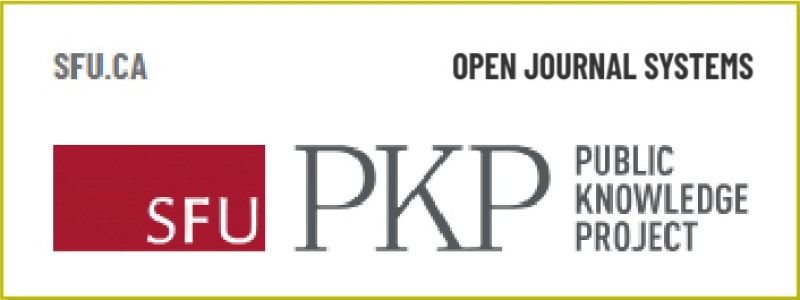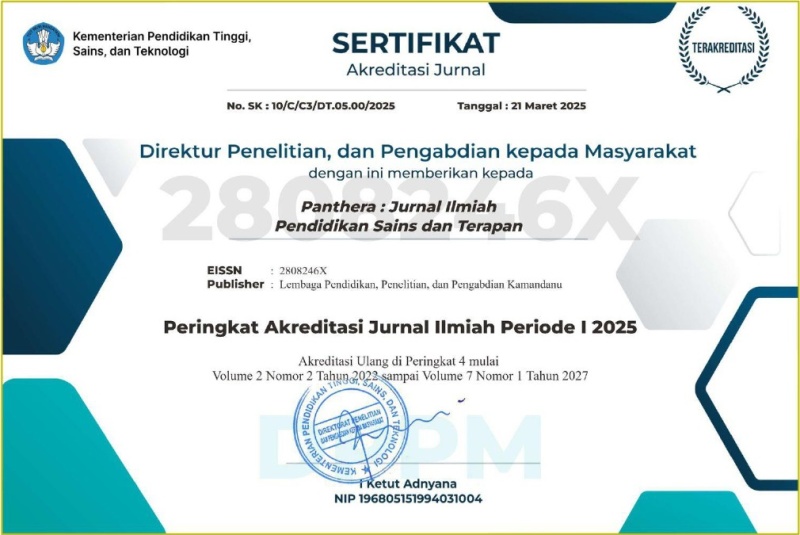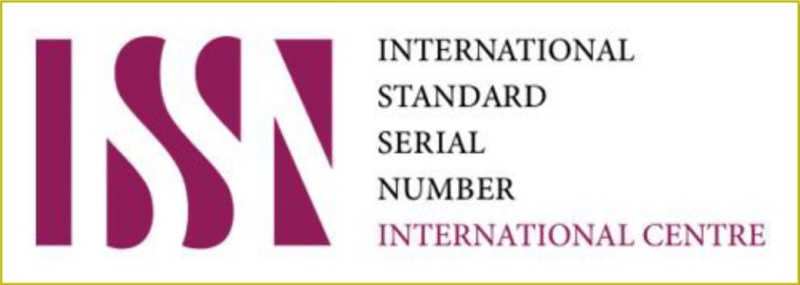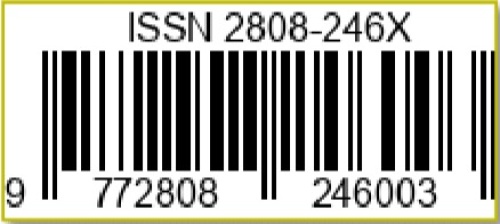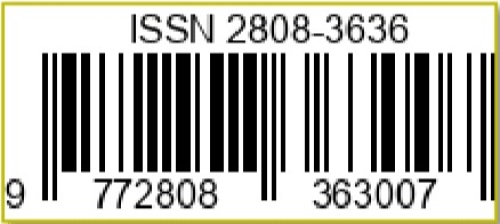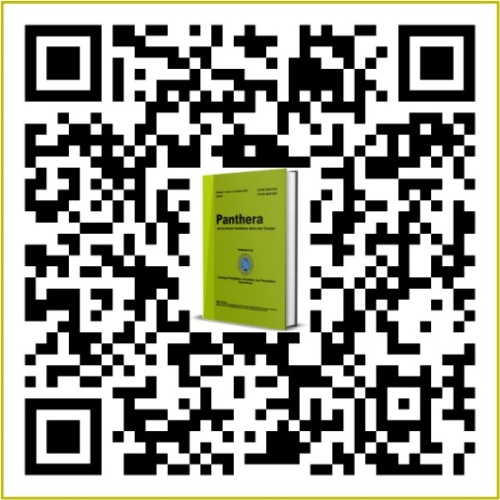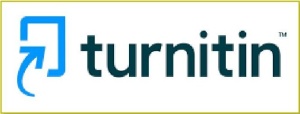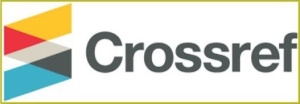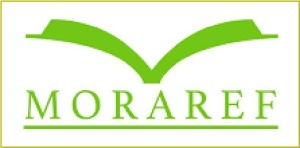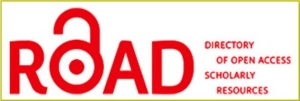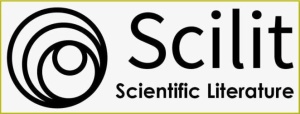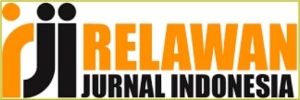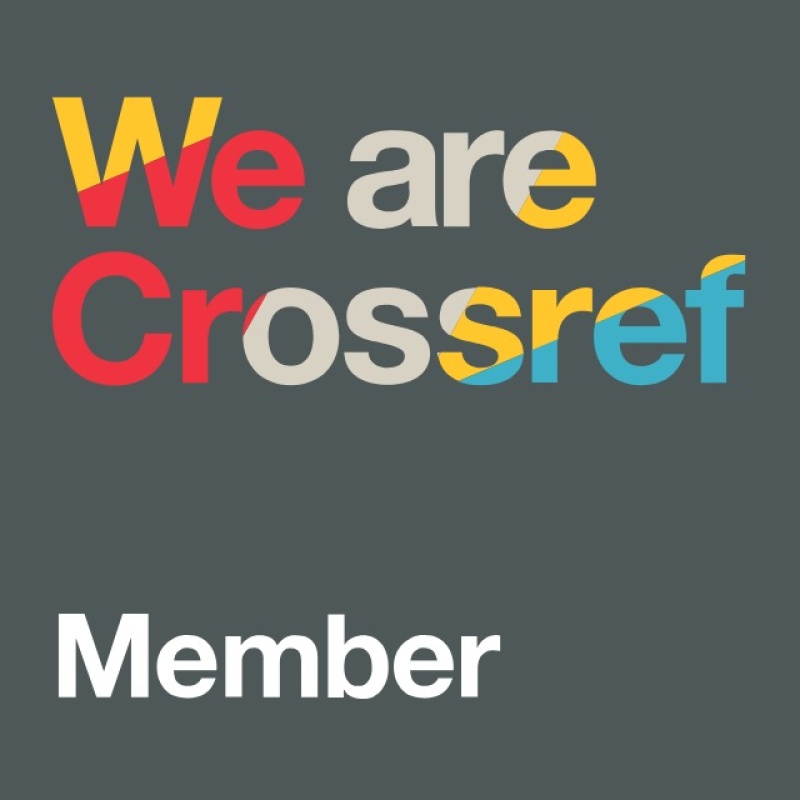Examining Students’ Procedural Skills through the Construction of an Electroscope in Electrostatics Instruction
DOI:
https://doi.org/10.36312/panthera.v5i3.573Keywords:
Electroscope, Hands-on Learning, Low-Tech Experiments, Procedural SkillsAbstract
The aim of this study is to examine students’ procedural skills engagements through a low-tech, hands-on physics experiments involving the construction of an electroscope during electrostatics instruction. A total of 27 students, organized into eight collaborative groups, participated in the activity, which emphasized student autonomy in selecting materials, designing components, and performing technical adjustments such as stripping wire insulation. Adopting a descriptive qualitative approach, data were collected through classroom observations and assessed using a rubric that measured four key dimensions:. material preparation, following the steps of the experiment, problem-solving and troubleshooting, and observational skills and interpretation. The results indicate that the majority of student groups demonstrated proficient to exemplary performance across most dimensions, particularly in material handling and interpreting experimental outcomes. These findings underscore the educational value of analog experimentation in fostering students’ procedural competencies, supporting hands-on engagement, and reinforcing foundational scientific practices in a digitally evolving classroom environment.
Downloads
References
Aldosari, M. S., & Alsager, H. N. (2023). A Step Toward Autonomy in Education: Probing into the Effects of Practicing Self-Assessment, Resilience, and Creativity in Task Supported Language Learning. BMC Psychology, 11(1), 1-20. https://doi.org/10.1186/s40359-023-01478-8
Anugrah, A., Herlina, K., & Suyatna, A. (2023). Inquiry-Integrated STEM on Electronic Student Worksheet: An Effort to Stimulate Creative Thinking and Collaborative Skills. Jurnal Ilmiah Pendidikan Fisika Al-Biruni, 12(2), 251-263. https://doi.org/10.24042/jipfalbiruni.v12i2.17306
Arnold, J. C., Mühling, A., & Kremer, K. (2023). Exploring Core Ideas of Procedural Understanding in Scientific Inquiry Using Educational Data Mining. Research in Science and Technological Education, 41(1), 372-392. https://doi.org/10.1080/02635143.2021.1909552
Belbase, S., Mainali, B. R., Kasemsukpipat, W., Tairab, H., Gochoo, M., & Jarrah, A. (2022). At the Dawn of Science, Technology, Engineering, Arts, and Mathematics (STEAM) Education: Prospects, Priorities, Processes, and Problems. International Journal of Mathematical Education in Science and Technology, 53(11), 2919-2955. https://doi.org/10.1080/0020739X.2021.1922943
Dewi, I. N., & Safnowandi, S. (2020). The Combination of Small Group Discussion and ARCS (MODis-ARCS Strategy) to Improve Students’ Verbal Communication Skill and Learning Outcomes. Prisma Sains: Jurnal Pengkajian Ilmu dan Pembelajaran Matematika dan IPA IKIP Mataram, 8(1), 25-36. https://doi.org/10.33394/j-ps.v8i1.2478
Diana, N., Yohannes, Y., & Sukma, Y. (2021). The Effectiveness of Implementing Project-Based Learning (PjBL) Model in STEM Education: A Literature Review. Journal of Physics: Conference Series, 1882(1), 1-20. https://doi.org/10.1088/1742-6596/1882/1/012146
Gnesdilow, D., & Puntambekar, S. (2022). Comparing Middle School Students’ Science Explanations During Physical and Virtual Laboratories. Journal of Science Education and Technology, 31(2), 191-202. https://doi.org/10.1007/s10956-021-09941-0
Haleem, A., Javaid, M., Qadri, M. A., & Suman, R. (2022). Understanding the Role of Digital Technologies in Education: A Review. Sustainable Operations and Computers, 3(1), 275-285. https://doi.org/10.1016/j.susoc.2022.05.004
Kapici, H. O., Akcay, H., & Jong, T. D. (2019). Using Hands-on and Virtual Laboratories Alone or Together-Which Works Better for Acquiring Knowledge and Skills? Journal of Science Education and Technology, 28(3), 231-250. https://doi.org/10.1007/s10956-018-9762-0
Kotsis, K. T. (2024). Significance of Experiments in Inquiry-Based Science Teaching. European Journal of Education and Pedagogy, 5(2), 86-92. https://doi.org/10.24018/ejedu.2024.5.2.815
Liu, D., Díaz, P. V., Riofrio, G., Sun, Y. M., & Barba, R. (2015). Integration of Virtual Labs into Science E-learning. Procedia Computer Science, 75(1), 95-102. https://doi.org/10.1016/j.procs.2015.12.224
Pols, C. F. J., & Dekkers, P. J. J. M. (2024). Redesigning a First Year Physics Lab Course on the Basis of the Procedural and Conceptual Knowledge in Science Model. Physical Review Physics Education Research, 20(1), 1-18 https://doi.org/10.1103/PhysRevPhysEducRes.20.010117
Probowati, D., Iswari, R. S., & Sukaesih, S. (2020). The Influence of Project Based Creative Problem Solving Toward Creative Thinking Ability on Circulation System. Journal of Biology Education, 9(2), 167-177. https://doi.org/10.15294/jbe.v9i2.22430
Schwichow, M., Zimmerman, C., Croker, S., & Härtig, H. (2016). What Students Learn from Hands-on Activities. Journal of Research in Science Teaching, 53(7), 980-1002. https://doi.org/10.1002/tea.21320
Sotiriou, S., & Bogner, F. X. (2015). A 2200-Year Old Inquiry-Based, Hands-on Experiment in Today’s Science Classrooms. World Journal of Education, 5(2), 52-62. https://doi.org/10.5430/wje.v5n2p52
Sucilestari, R., Ramdani, A., Sukarso, A., Susilawati, S., & Rokhmat, J. (2023). Project-Based Learning Supports Students’ Creative Thinking in Science Education. Jurnal Penelitian Pendidikan IPA, 9(11), 1038-1044. https://doi.org/10.29303/jppipa.v9i11.5054
Suminar, I., Nurdini, N., Fratiwi, N. J., Abdurrahaman, D., & Purwanto, M. G. (2025). Inquiry-Driven Essay Assessment (IDEA) as a Framework for Evaluating Students’ Argumentation in Static Fluids. Indonesian Journal of Science and Mathematics Education, 8(1), 26-43. https://doi.org/10.24042/ijsme.v8i1.26194
Tindan, T. N., & Anaba, C. A. (2024). Scientific Hands-on Activities and its Impact on Academic Success of Students: A Systematic Literature Review. IOSR Journal of Research & Method in Education, 14(6), 39-47. https://doi.org/10.9790/7388-1406043947
Vergis, E. (2025). Reflections on the Role of Procedural Knowledge in the Teaching of Science. In Tippett, C. D., & Milford, T. M. (Ed.) Handbook of Seeing Science through the Eyes of Canadian Teachers and Learners. Contemporary Trends and Issues in Science Education. Cham: Springer Nature Switzerland.
Vorholzer, A., Aufschnaiter, C. V., & Boone, W. J. (2020). Fostering Upper Secondary Students’ Ability to Engage in Practices of Scientific Investigation: A Comparative Analysis of an Explicit and an Implicit Instructional Approach. Research in Science Education, 50(1), 333-359. https://doi.org/10.1007/s11165-018-9691-1
Wulandari, N. O., Sutrio, S., Doyan, A., & Rahayau, S. (2024). The Influence of Project Based Learning Model on Creative Thinking Skills and Physics Learning Outcomes. Jurnal Penelitian Pendidikan IPA, 10(12), 10660-10669. https://doi.org/10.29303/jppipa.v10i12.9738
Yanti, N., Rahmad, M., & Azhar, A. (2023). Application of PjBL (Project Based Learning) Based Physics Learning Model to Improve Collaboration Skills and Creative Thinking Ability of Students. Jurnal Penelitian Pendidikan IPA, 9(11), 9973-9978. https://doi.org/10.29303/jppipa.v9i11.5275
Downloads
Published
How to Cite
Issue
Section
License
Copyright (c) 2025 Iin Suminar, Mochammad Irfan Noviana, & M. Reza Dwi Saputra

This work is licensed under a Creative Commons Attribution-ShareAlike 4.0 International License.
-
Attribution — You must give appropriate credit, provide a link to the license, and indicate if changes were made. You may do so in any reasonable manner, but not in any way that suggests the licensor endorses you or your use.
-
ShareAlike — If you remix, transform, or build upon the material, you must distribute your contributions under the same license as the original.


